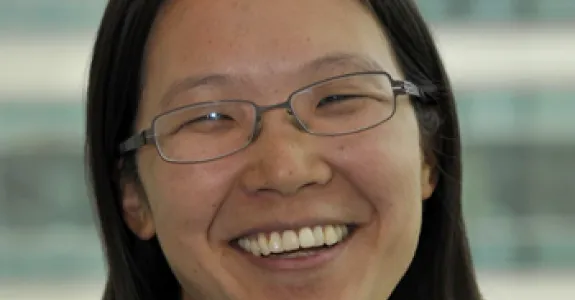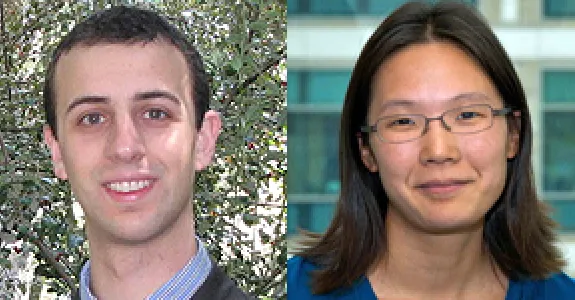
Dr. Ellen Yeh's research focuses on the apicoplast, a prokaryotically-derived plastid organelle unique to Plasmodium (and other pathogenic Apicomplexa parasites) and a key anti-malarial drug target. The Yeh laboratory's goal is to elucidate apicoplast biology, function, and role in pathogenesis with the ultimate goal of realizing the potential of the apicoplast as a therapeutic target.
In a major step toward this goal, Dr. Yeh's previous work has demonstrated that the sole essential function of the apicoplast in blood-stage P. falciparum parasites is the biosynthesis of isoprenoid precursors. As such, Dr. Yeh was able to generate parasites completely devoid of this essential organelle but chemically rescued by supplementation of the growth media with isopentenyl pyrophosphate (IPP), the pathway product. Chemical rescue and apicoplast(-) parasites are innovative tools for investigating apicoplast biology and for advancing apicoplast-directed drug and vaccine development.
The Yeh Lab's research takes advantage of these new tools and our newfound understanding of apicoplast function to explore a variety of topics, including protein trafficking to the apicoplast and the protein "prenylome" in Plasmodium. They employ a variety of methods but have a particular focus on the use of chemical tools to overcome the current challenges in studying this organelle. Their explorations of the Plasmodium apicoplast are likely to reveal both unique biology and targets for anti-malarial drug development.



